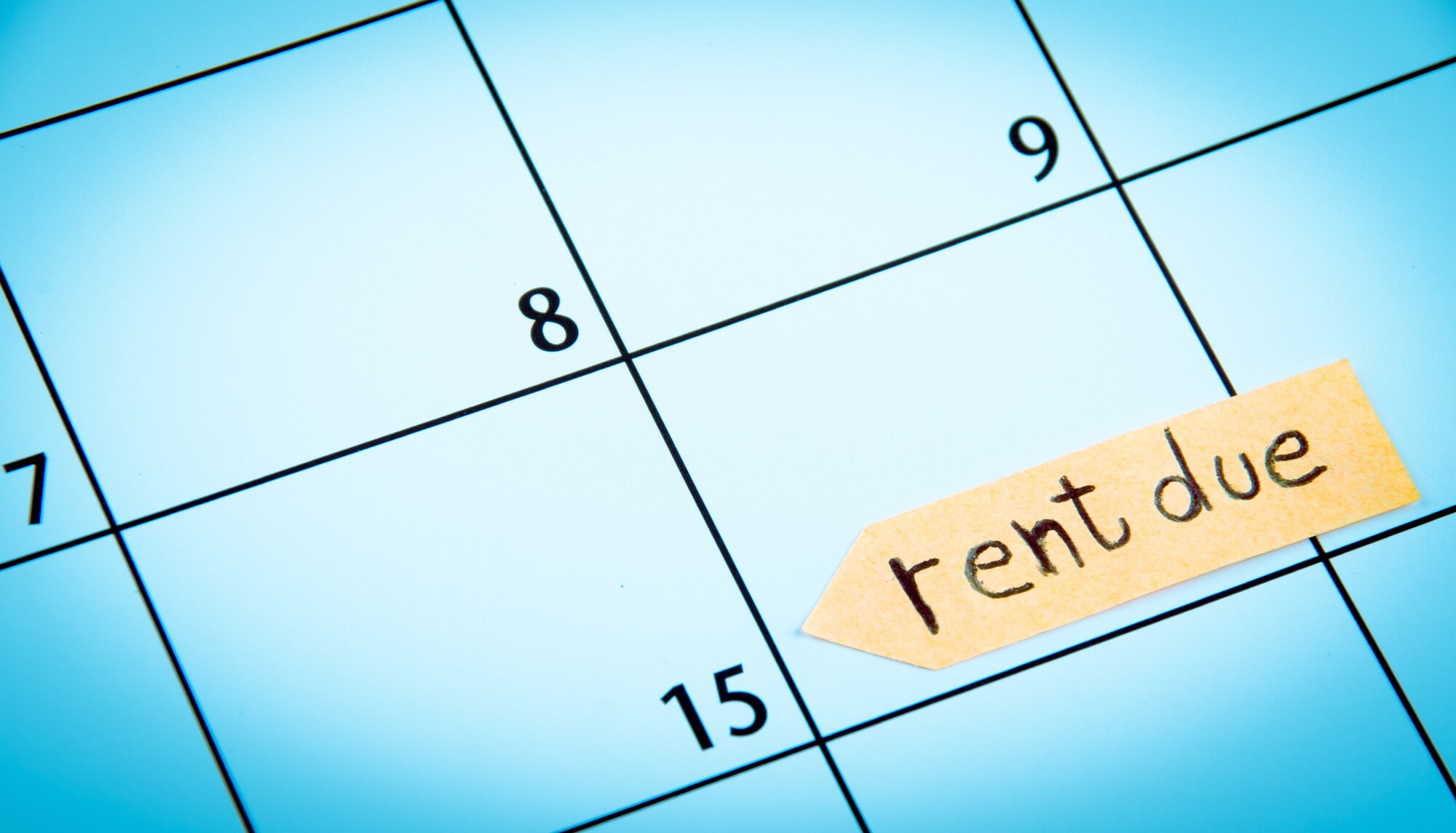During the pandemic, it wasn't uncommon to hear about tenants not paying rent because they were protected from being evicted, but now it's time to start collecting rent again.
The current situation has left property managers and landlords wondering what to do about rent collection when tenants stop paying their rent.
Read on below to find out the information you need to collect rent payments.
Review Your Lease
Before you take any form of action, the first thing you need to do when tenants start making it a habit to pay late rent is check your leasing agreement. You can review if there was a clause about late rent or additional fees that come from not paying rent.
The lease will also detail if there's a specific period you give to tenants known as a grace period that will allow them to still pay their rent without it being considered late.
Notify the Tenant
One of the next landlord tips we have to offer you is to give tenants that are late paying their rent some form of notification in advance. You can provide a notification that reminds them it's time to pay their rent and another when their rent is late.
In some circumstances, people genuinely forget that rent is due, and providing them a reminder is exactly what they need to make their payment in a timely fashion. If the email or text notifications don't work out, the next step is to call the tenant.
Call the Tenant
When you call your tenant about a late rental payment, you must remember to be patient and professional no matter how the tenant acts. Before contacting them, ensure you have their account pulled up to reference it throughout the phone call.
Another reason to place a phone call is that the conversation between you and the tenant is on a recorded line if you need it for future evidence reasons. Phone professionalism is important when you're conducting business.
Take Legal Action
If the tenant refuses to pay their rent, the next step is to begin taking legal action and evicting them from your property. When tenants don't pay their rent, you're not making any income, and it's best if you find someone that will pay.
Take the time to review the laws in your area and speak to your attorney. They'll be able to tell you if late rental payments and the other forms of documentation you've collected will support your desire to evict the tenant from the property.
Rent Collection: When Tenants Don't Pay
Rent collection is at the forefront of property managers' minds every month. But there's always that one tenant that consistently pays their rent late or not at all. Ensure you send notifications to tenants that remind them their rent is due, and if the problem continues, take legal action.
Are you searching for a platform that will allow your tenants to pay their rent online? Contact Avalon Realty and Oaktree Management for all your rental property needs.






 Bonnie is the visionary that has driven the company and culture of Avalon since 1993. Her passion is improving procedures and practices; incorporating technology and value added services for both our clients and tenants.
Bonnie is the visionary that has driven the company and culture of Avalon since 1993. Her passion is improving procedures and practices; incorporating technology and value added services for both our clients and tenants.